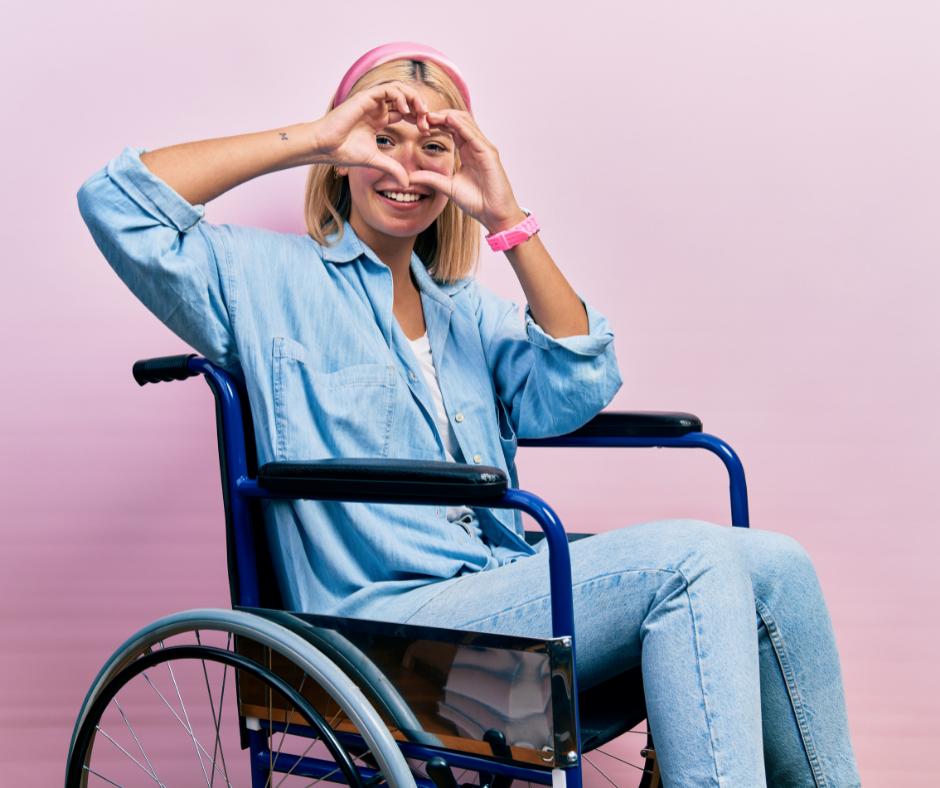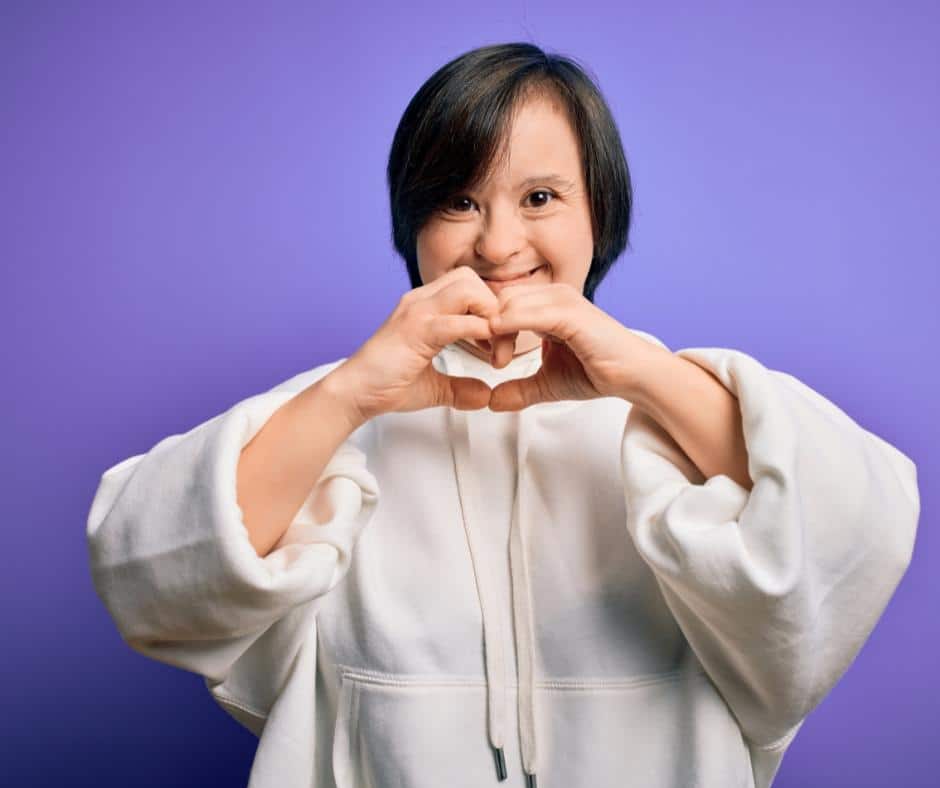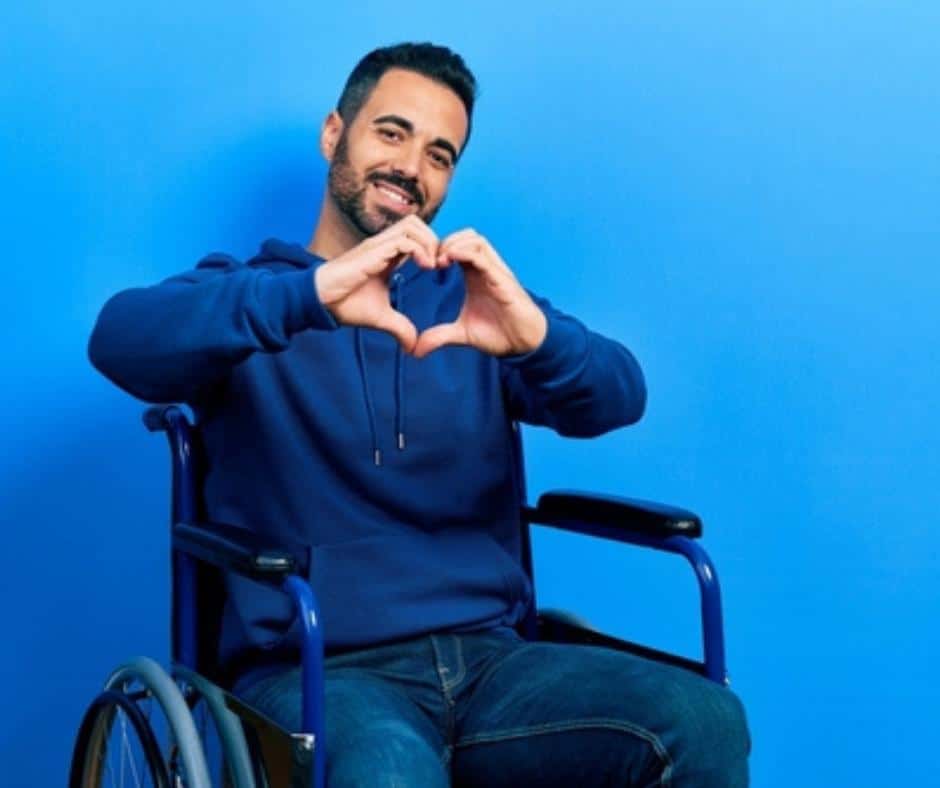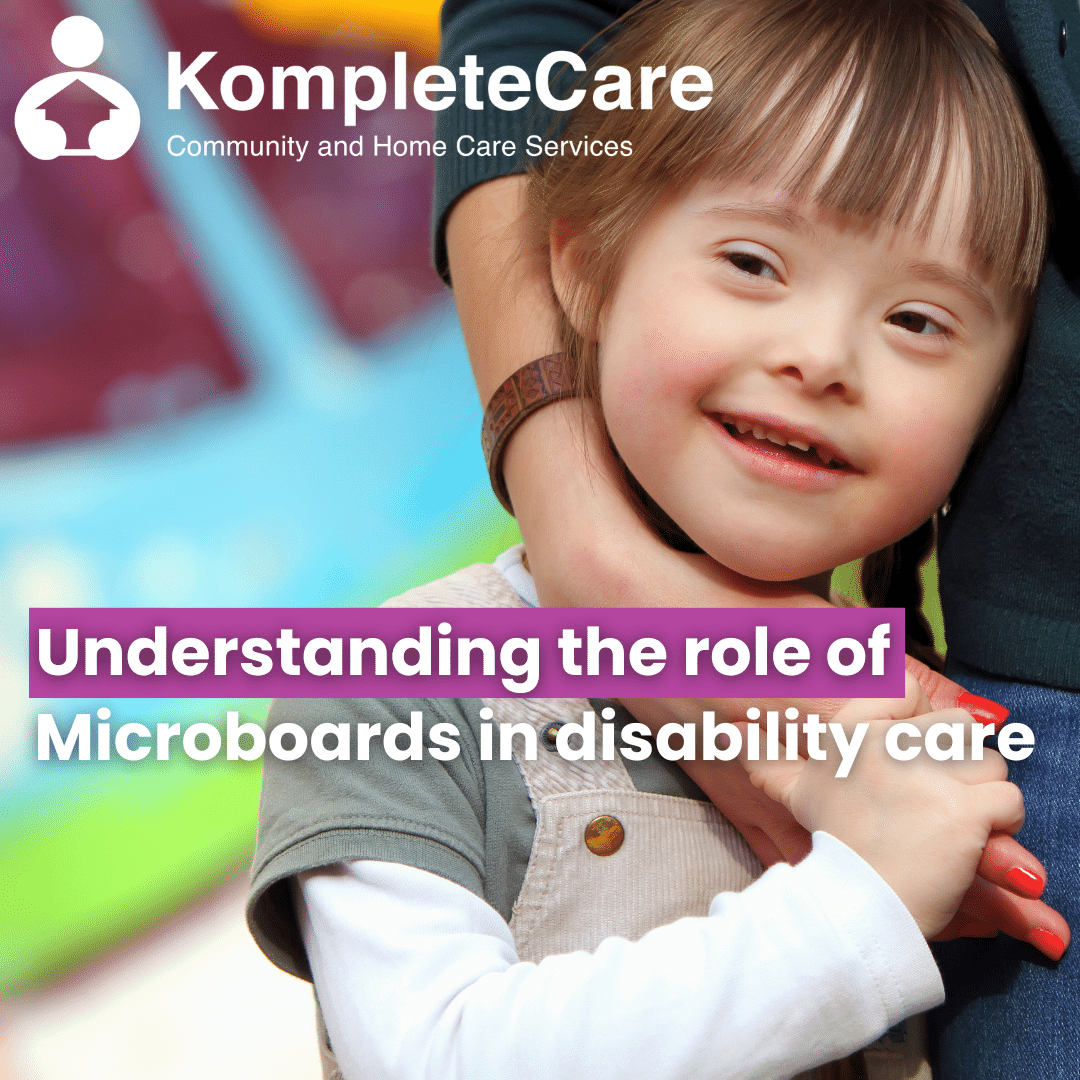For thousands of Australian families, raising a child with disability involves navigating a complex network of services, supports, and therapies. But, as parents age, a difficult, and often unspoken question begins to loom: Who will care for my child when I am no longer able to?
This concern sits quietly in the background for many families, yet the implications can be profound. Without clear structures in place, people with disability may face disruptions in care, loss of support networks, and diminished autonomy—placing their safety and independence at significant risk.
While many families work closely with trusted providers, like KompleteCare, to meet day-to-day needs, some are also exploring ways to secure long-term stability. One approach gaining traction in Australia is the establishment of a Microboard—a person-centred, community-based governance model that offers both structure and continuity for individuals with disability.
A community-based support model
A Microboard is a small, legally incorporated group of people who commit to supporting an individual with disability. Board members are often made up of family members, friends, former support workers, or community allies who know the person well. Their role is to assist with life planning, decision-making, and safeguarding the person’s quality of life over time.
Unlike traditional support arrangements, Microboards are not service providers. Rather, they are formed solely to serve the interests of one person. The group meets regularly to assist with decision-making, planning, and safeguarding across a person’s lifespan.
Microboards Australia, the national organisation supporting this model, works alongside families to help establish and maintain these networks. This includes assistance with legal incorporation, governance training, and ongoing support to ensure each board remains focused and effective.
The importance of early planning
While Microboards can offer long-term stability, setting one up requires careful thought, time, and commitment. Families are encouraged to begin the planning process well in advance of any crisis or decline. Delaying this process may leave individuals vulnerable, with decisions potentially falling to those who are unfamiliar with their needs or preferences.
In addition to forming a Microboard, families should also consider putting legal and financial provisions in place. Drafting a will and establishing a trust are essential steps to ensure ongoing access to resources, housing, and support. These legal instruments can protect entitlements and help ensure funds are used in line with the individual’s best interests.
Without such measures, decision-making may default to state-appointed administrators or distant relatives, who may lack the insight or connection needed to advocate effectively for the person’s long-term wellbeing.
In addition to legal and financial planning, families should also consider partnering with experienced support providers, like KompleteCare, to help implement day-to-day care strategies that align with their preferences and long-term goals.
A sustainable model for the future
While establishing and maintaining a Microboard can come with its own set of challenges, it is proving to be a sustainable model, particularly for families looking to secure a stable support structure that endures beyond their own involvement.
Crucially, Micoboards are built around the principle of individual agency. The person with disability is central to the process, shaping their support team and participating in key life decisions. Rather than being subject to systems or professionals who may change over time, they are surrounded by those who know them, value them, and are legally committed to acting in their best interests.
Future planning for a loved one with disability is not merely a legal or administrative task—it is an emotional process that requires trust, foresight, and compassion. But by starting early, families can approach the future with greater confidence.
Ultimately, planning for the future is not just about protection, it is about empowerment. Through intentional community-building and legal preparation, families can help ensure that when they are gone, their loved one remains supported, respected, and surrounded by those who care.
KompleteCare complements the Microboards model by providing consistent, personalised in-home and community support that aligns with the individual’s goals and lifestyle. Together, this approach ensures people with disability not only have a structured support network, but also the practical, hands-on care needed to maintain independence, confidence, and quality of life.









